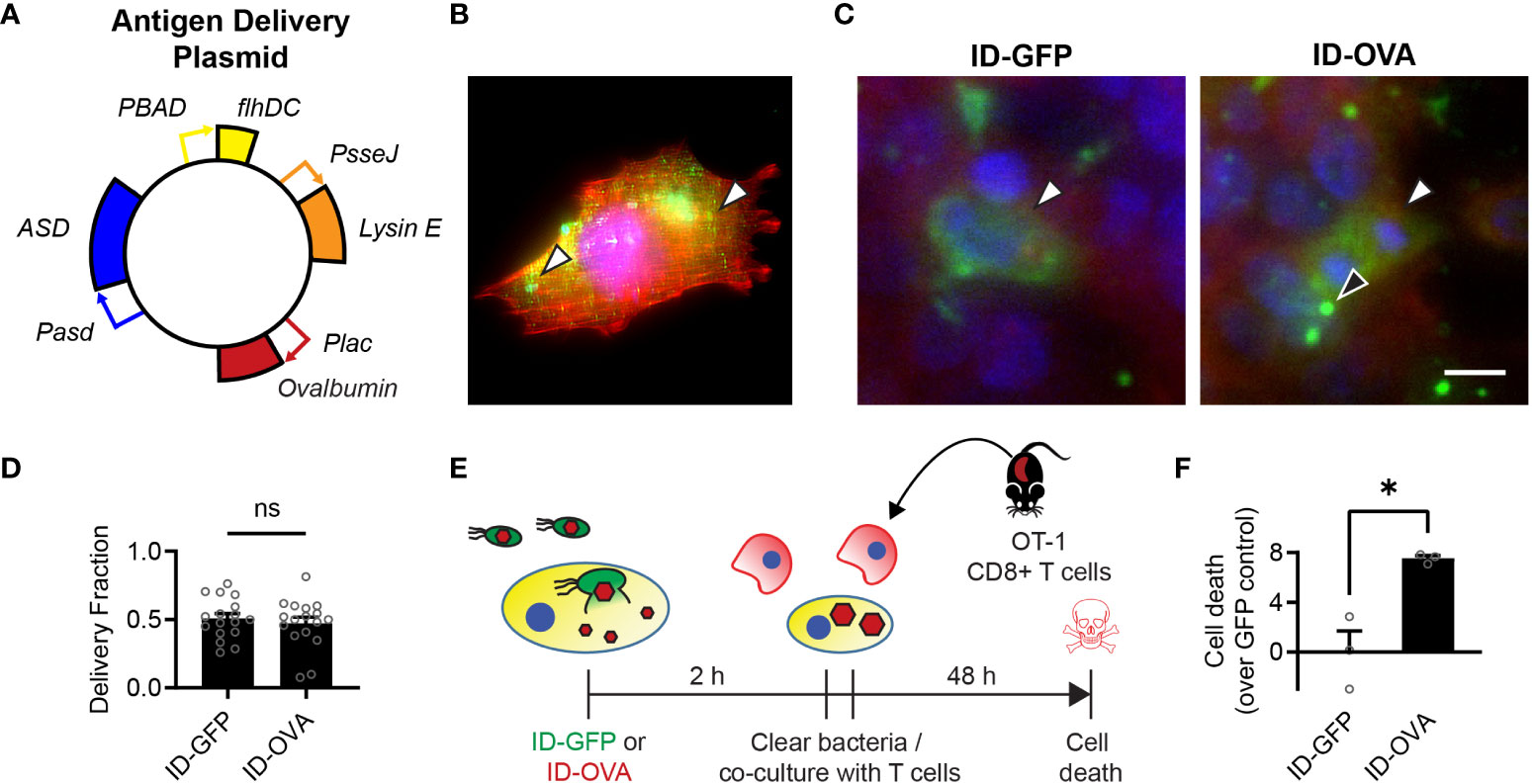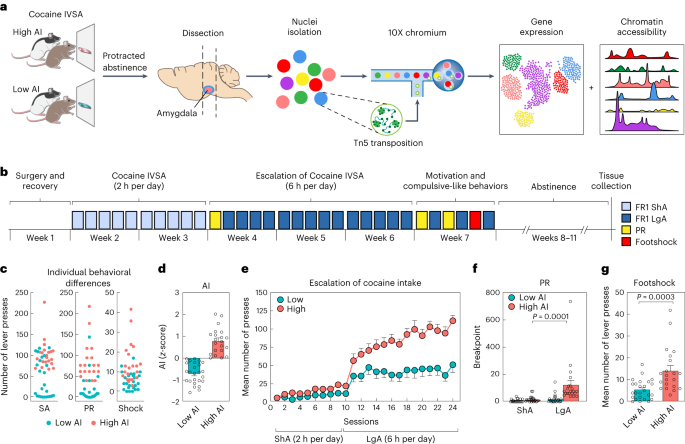2023-10-05 マサチューセッツ大学アマースト校
◆この新しいバクテリアベースの細胞内送達(ID)システムは、非毒性のサルモネラを使用して腫瘍細胞内でワクチン抗原を放出します。この方法は難治性のがん、特に肝臓、転移性乳がん、膵臓腫瘍などに対する新しい治療法の可能性を提供し、臨床試験を開始する計画が進行中です。研究結果は、がん治療に革命をもたらす可能性があります。
<関連情報>
- https://www.umass.edu/news/article/can-immunity-routine-vaccines-be-used-fight-cancer
- https://www.frontiersin.org/articles/10.3389/fimmu.2023.1228532/full
外因性免疫抗原のサルモネラ菌細胞内デリバリーは、CD8 T細胞をがん細胞に対して再集中させ、膵臓腫瘍を除去し、抗腫瘍免疫を形成する。
Intracellular Salmonella delivery of an exogenous immunization antigen refocuses CD8 T cells against cancer cells, eliminates pancreatic tumors and forms antitumor immunity
Vishnu Raman, Lars M. Howell, Shoshana M. K. Bloom, Christopher L. Hall, Victoria E. Wetherby, Lisa M. Minter, Ashish A. Kulkarni, Neil S. Forbes
Frontiers in Immunology published:05 October 2023
DOI:https://doi.org/10.3389/fimmu.2023.1228532

Introduction: Immunotherapies have shown great promise, but are not effective for all tumors types and are effective in less than 3% of patients with pancreatic ductal adenocarcinomas (PDAC). To make an immune treatment that is effective for more cancer patients and those with PDAC specifically, we genetically engineered Salmonella to deliver exogenous antigens directly into the cytoplasm of tumor cells. We hypothesized that intracellular delivery of an exogenous immunization antigen would activate antigen-specific CD8 T cells and reduce tumors in immunized mice.
Methods: To test this hypothesis, we administered intracellular delivering (ID) Salmonella that deliver ovalbumin as a model antigen into tumor-bearing, ovalbumin-vaccinated mice. ID Salmonella delivers antigens by autonomously lysing in cells after the induction of cell invasion.
Results: We showed that the delivered ovalbumin disperses throughout the cytoplasm of cells in culture and in tumors. This delivery into the cytoplasm is essential for antigen cross-presentation. We showed that co-culture of ovalbumin-recipient cancer cells with ovalbumin-specific CD8 T cells triggered a cytotoxic T cell response. After the adoptive transfer of OT-I CD8 T cells, intracellular delivery of ovalbumin reduced tumor growth and eliminated tumors. This effect was dependent on the presence of the ovalbumin-specific T cells. Following vaccination with the exogenous antigen in mice, intracellular delivery of the antigen cleared 43% of established KPC pancreatic tumors, increased survival, and prevented tumor re-implantation.
Discussion: This response in the immunosuppressive KPC model demonstrates the potential to treat tumors that do not respond to checkpoint inhibitors, and the response to re-challenge indicates that new immunity was established against intrinsic tumor antigens. In the clinic, ID Salmonella could be used to deliver a protein antigen from a childhood immunization to refocus pre-existing T cell immunity against tumors. As an off-the-shelf immunotherapy, this bacterial system has the potential to be effective in a broad range of cancer patients.



